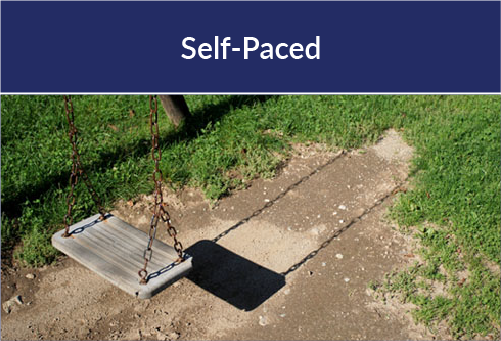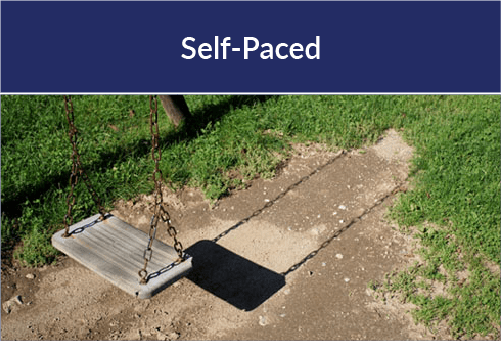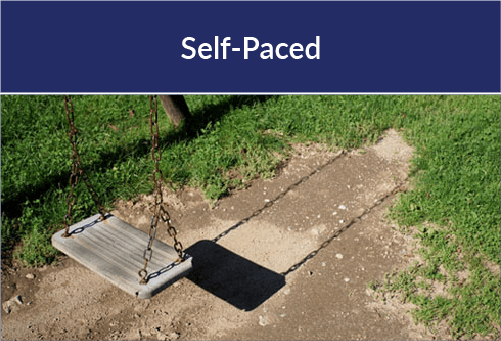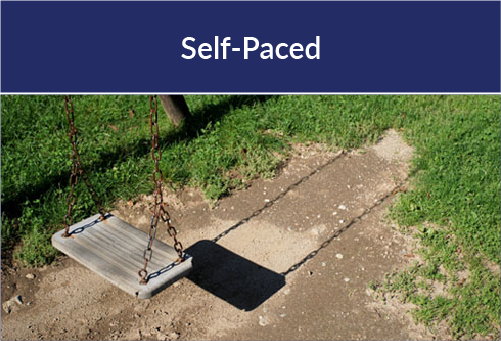


Join us for an intensive training focused on understanding and building relationships between the forensic pathologist, homicide investigator, and prosecutor in successfully investigating and prosecuting child homicide cases. Learn autopsy protocols, forensic essentials, and the criticality of determining the cause and manner of death. Understand the unique aspects of investigating a child homicide including interviewing and interrogation, suspect pool development and the role and importance of the prosecutor in gaining appropriate convictions.

Learn how to effectively perform missing child investigations occurring on tribal lands. Examine the AMBER Alert program, best practices for planning and executing the initial response when a child goes missing, effective investigative case management strategies, timely introduction of resources in missing child investigations, best practices in search and canvass operations, and how to incorporate culturally appropriate victim support services into your investigation. Explore resources and tools currently available to assist law enforcement officers in missing child investigations.

Child sex trafficking (CST) is like no other crime. Victimization may happen hundreds of times and can be difficult to identify due to the victims being missing children coupled with the trafficker’s hold on victims. Dissect the crime of CST, its complex nature, and discover how to investigate this crime fully. Develop trauma-informed approaches to ensure your victim interview does not retraumatize and you gain critical information to identify corroborative evidence. Examine the trafficker’s profile and motivation, how they impact your suspect interview, and proven suspect interview strategies. Recognize common evidence available, legal hurdles, and common defenses of traffickers.

Explore the challenges involved with no body homicide investigations. Most start as missing persons cases; the suspect’s head start coupled with the absence of the victim’s body leaves gaping holes in the investigation. Join us to hear from experienced instructors as they provide the framework and tools to build a prosecutable circumstantial case—regardless of the age of the case—from proving the victim is dead using established practices such as victimology, interviews, documents/records/digital footprint to search strategies and best practices in documentation. This training will also provide established prosecution strategies that maximize the likelihood of success. During instruction, there will be an opportunity to share your case as a class participation case study exercise.

The second course in the Missing Child Investigations in Indian Country (MCI-IC) online training series is designed to help law enforcement officers perform an initial assessment in a missing child investigation in Indian Country. An understanding of the victim risk assessment and missing child categories is crucial in missing child investigations. This course will review various missing child categories and identify factors that aid in the formulation of the initial assessment, a process of elimination based on the specific incident fact pattern as it relates to the missing child categories. This assessment process creates the foundation for the formulation of a strategy in the missing child investigation.

Examine proven methodologies associated with the management and supervision of those responsible for the investigation of unresolved child homicides, identification of unidentified human remains and the location of long-term missing children. Explore the critical administrative and supervisory strategies necessary for the resolution of these cases. Demonstrate the importance of a multidisciplinary approach using innovative methodologies and current forensic capabilities to achieve resolution on cases.

The eighth course in the Missing Child Investigations in Indian Country (MCI-IC) online training series is designed to expose law enforcement to the significance of victimology for risk assessments. When investigations lack a crime scene or witnesses, the only commonly known factor is the victim's identify. An extensive victimology is therefore critical in assessing the child’s risk of victimization. Victimology is a comprehensive collection of personal information of the missing child and their immediate family that addresses personality, lifestyle, and patterns that reveal specific risks, vulnerabilities, and stressors for the child. The victimology forms the basis for the missing child risk assessment.

The ninth course in the Missing Child Investigations in Indian Country (MCI-IC) online training series is designed to expose law enforcement to the case management of an expanding missing child investigation in Indian Country. The mysterious disappearance of a child can quickly evolve into a major case resulting in the rapid depletion of police resources. Missing child investigations in Indian Country are complex and often require a task force of multiple tribal, state, and federal agencies. To manage the investigation effectively, resources are assigned to each process, which are broken down into smaller components based on investigative taskings or processes. Case management involves overseeing and coordinating the components and investigative processes. This course will provide an in-depth review of managing the components and coordinating the investigative processes.

Examine effective strategies and best practices for the reinvestigation of cold and historical child homicides, unidentified human remains and long-term missing children investigations when there is no body. During this webinar, we will illustrate how children can be the perfect victim, and as such, how their cases can become historical and unresolved. You will be provided with investigative strategies for establishing that a crime has been committed, identifying those responsible for the crime, and for proving or disproving facts and circumstances in the original unresolved investigation. Learn how an MDT response can result in a successful resolution.

The third course in the Missing Child Investigations in Indian Country (MCI-IC) online training series is designed to help law enforcement officers perform nonfamily and stereotypical abduction assessments in a missing child investigation in Indian Country. The course will present the behavioral tools to assess whether the reported abduction is a nonfamily abduction, stereotypical abduction or possibly, a false allegation of child abduction. The behavioral aspects used in this assessment process will primarily focus on the victim’s age and location of disappearance as these relate to the offender’s behavior and motivation. Understanding the common characteristics, motivations, and behaviors of offenders who abduct children can play a significant role in the successful investigation of missing or abducted children.
